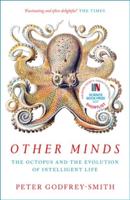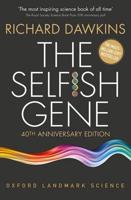Publisher's Synopsis
Irving Fisher's treatise on Eugenics - the process of improving human genetic qualities thought favorable through selective breeding - summarizes the practice and defends it from detractors.
A strong advocate of eugenics since soon after its inception in the 1880s, Irving Fisher would frequently give talks where he passionately advanced the idea. The notion of selective breeding generated rumors and reproach almost from the inception; a good portion of this tract is aimed at debunking rumors that had sprung up.
As a historical text shedding insight into eugenics in the United States, Irvine Fisher's thoughts are a useful source. The author effectively presents the core arguments and justifications, quoting Mendelian genetics and giving examples of selective breeding in species other than humans. Fisher would go on to found the American Eugenics Society and serve as its first President in the 1920s.
Since the Second World War, eugenics has been generally dropped from serious discussion. It was a central pillar of Nazi German ideology; in the 1930s, it was applied to the extent of embarking upon a large scale breeding programs to promote characteristics viewed as Aryan and raise Germany's birthrate. These negative connotations led many who had previously vaunted the practice of eugenics to disavow their beliefs.
This edition of Fisher's essay is in large print.








